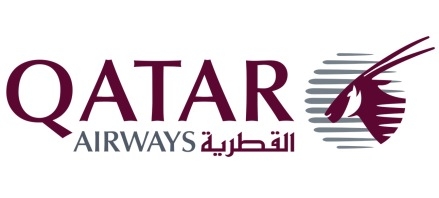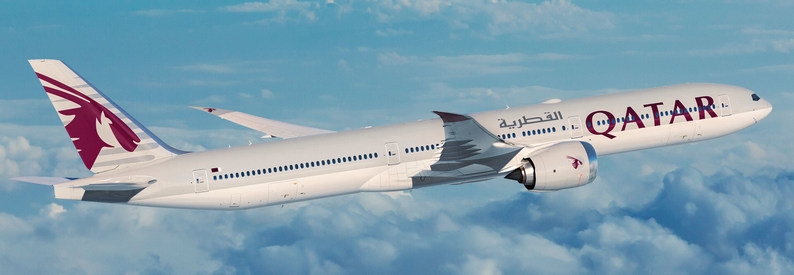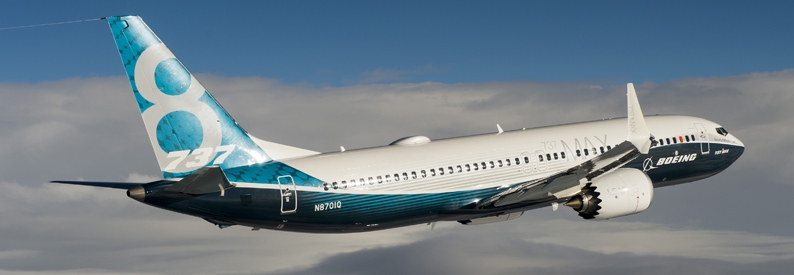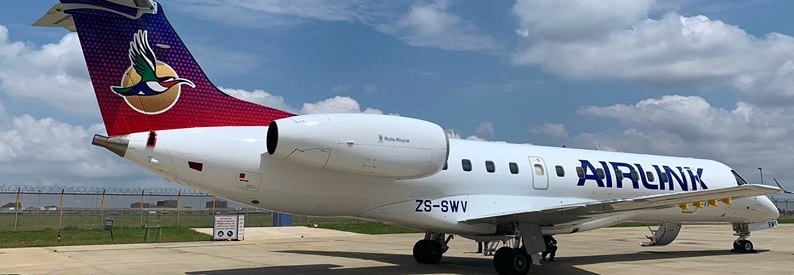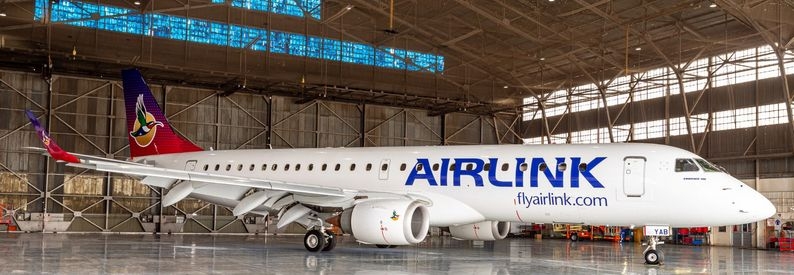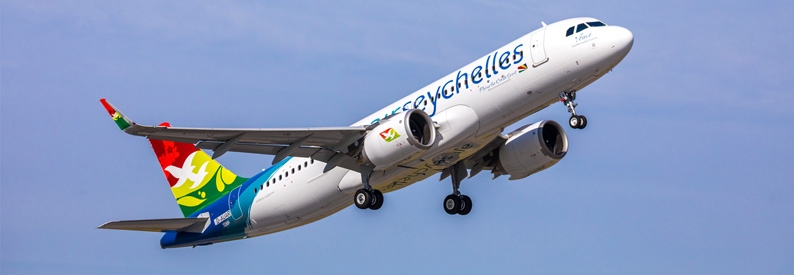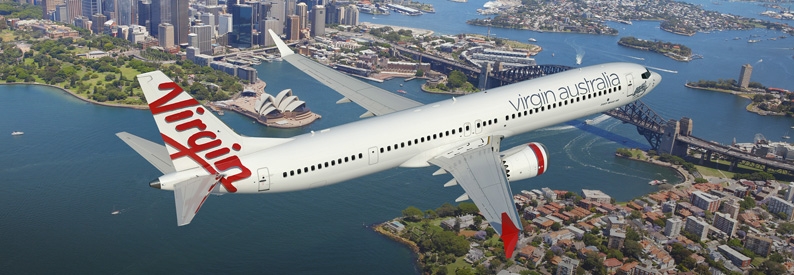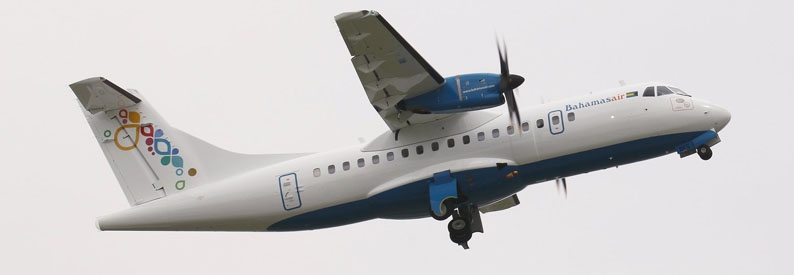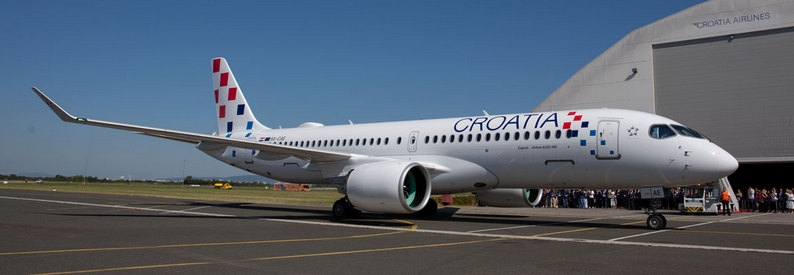A Federal Court of Australia ruling has denied five women the right to sue Qatar Airways (QR, Doha Hamad International), the Qatar Civil Aviation Authority (QCAA), and the operator of Doha's Hammad International Airport, after they were marched off a flight and forced to undergo intimate and invasive medical examinations in ambulances on the aprons at the airport in October 2020.
On October 2, 2020, a newborn baby was discovered in a rubbish bin in a toilet cubicle in the Doha airport terminal. In an attempt to find the mother, armed Ministry of Interior police officers took women from several countries off soon-to-depart flights for the examinations. Of these, 13 Australians underwent the process before being allowed to reboard.
Five of the Australian women sought leave to sue Qatar Airways, the QCAA, and the Qatar Company for Airports Operations and Management (MATAR) for negligence, assault, and false imprisonment. Three of the applicants also sought to bring claims against Qatar Airways under the Montreal Convention and claims for battery against the QCAA and MATAR.
However, Federal Court Justice John Halley ruled on April 10, 2024, that the QCAA was immune from foreign prosecution and that no claim could be brought against Qatar Airways relying on the Montreal Convention. But he did grant the women leave to sue MATAR, agreeing that the entity had a duty of care towards the women and that it breached that duty by allowing the nurses, who were not MATAR employees, to examine them.
The invasive searches sparked a massive backlash in the home countries of the aggrieved individuals. Last year, Australia's minister of transport, Katherine King, denied Qatar Airways the right to increase flights to Australia. While the minister has never clarified why she rejected the application, the women had written to the minister shortly before her decision asking that she deny the application. King later admitted it influenced her decision. Qantas (QF, Sydney Kingsford Smith) also campaigned against the application but the broader Australian tourism and travel industry had supported it.
